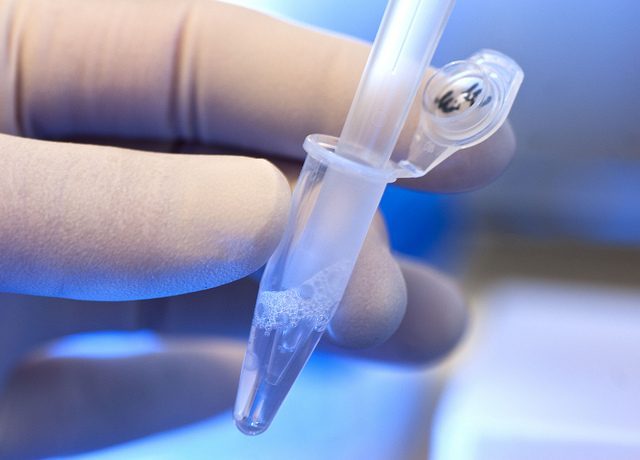Curious About Your Ancestry? Submit a DNA Swab, and a Big Grain of Salt
By Maud Newton,
The New York Times
| 06. 18. 2018
By now, millions of us have taken ancestry tests. We’ve spit into tubes and allowed our genetic information to be uploaded into databases. In return we’ve had our genomes assigned to different parts of the world. The fine print warns us not to rely on those results, despite their seeming precision: 0.1 percent Oceanian! It’s hard to resist telling friends and family that we’ve turned out to be partly sub-Saharan African or Middle Eastern or Scandinavian. But testing with a different company may yield different results, or we may log into our account one day and find that the allocations have changed. Often the tests create as many mysteries as they solve.
The explanations that testing companies give for these shifts tend to be passive and blandly opaque: Identifying “ancestry-informative markers” depends on “sufficient data” from “reference populations.” Errors are “noise.” In her smart, searching new book, “Futureface: A Family Mystery, an Epic Quest, and the Secret to Belonging,” the journalist and former MSNBC host Alex Wagner recounts being incorrectly assigned enough Scandinavian DNA that one of her grandparents could...
Related Articles
By Arthur Lazarus, MedPage Today | 01.23.2026
A growing body of contemporary research and reporting exposes how old ideas can find new life when repurposed within modern systems of medicine, technology, and public policy. Over the last decade, several trends have converged:
- The rise of polygenic scoring...
By Stephanie Pappas, LiveScience | 01.15.2026
Genetic variants believed to cause blindness in nearly everyone who carries them actually lead to vision loss less than 30% of the time, new research finds.
The study challenges the concept of Mendelian diseases, or diseases and disorders attributed to...
By David Cox, Wired | 01.05.2026
As he addressed an audience of virologists from China, Australia, and Singapore at October’s Pandemic Research Alliance Symposium, Wei Zhao introduced an eye-catching idea.
The gene-editing technology Crispr is best known for delivering groundbreaking new therapies for rare diseases, tweaking...
By Josie Ensor, The Times | 12.09.2025
A fertility start-up that promises to screen embryos to give would-be parents their “best baby” has come under fire for a “misuse of science”.
Nucleus Genomics describes its mission as “IVF for genetic optimisation”, offering advanced embryo testing that allows...




